Search is now available for the website, it is getting massive.
Use this if you are looking for specific topics titles or use keywords like:
Climate, Democracy, Education
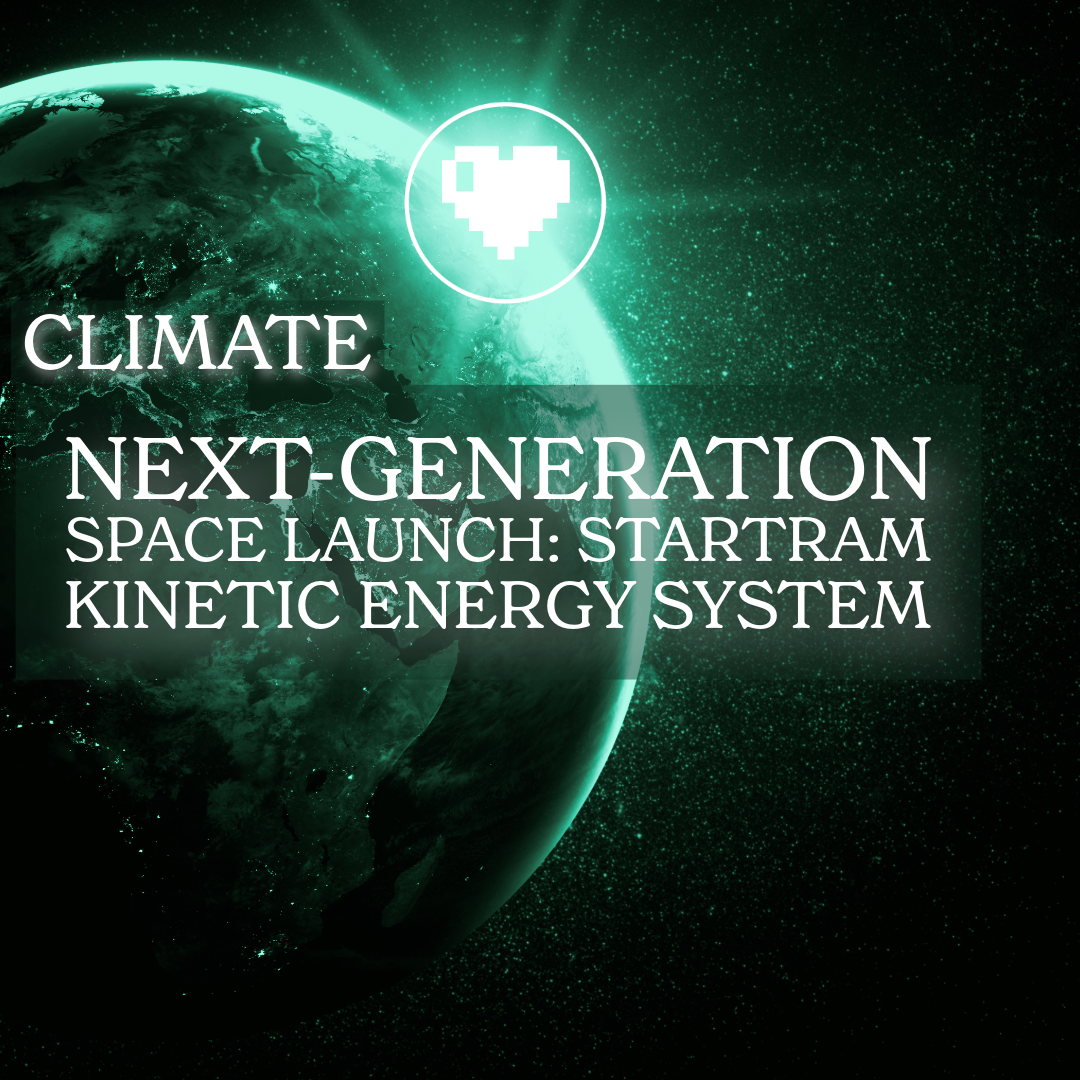
Next-Generation Space Launch: StarTram Kinetic Energy System
Sustainability First:
Powered by renewable energy sources like geothermal, solar, and wind.
Minimizes carbon emissions and environmental damage compared to rockets.
Affordable & Scalable:
Cuts launch costs dramatically by eliminating chemical propellants.
Enables frequent, high-throughput launches for science, cargo, and exploration.
Safety & Reliability:
Controlled magnetic acceleration reduces risks of rocket explosions.
High predictability makes launches safer and more efficient.
Scientific Advancement:
Facilitates lunar bases and Mars colonization with cheaper transport of materials.
Provides consistent, low-cost access for research satellites and telescopes.
Energy Integration:
Cooling systems doubled as power generators through waste-heat recovery.
Self-sustaining energy loops ensure resilience in remote or extraterrestrial environments.
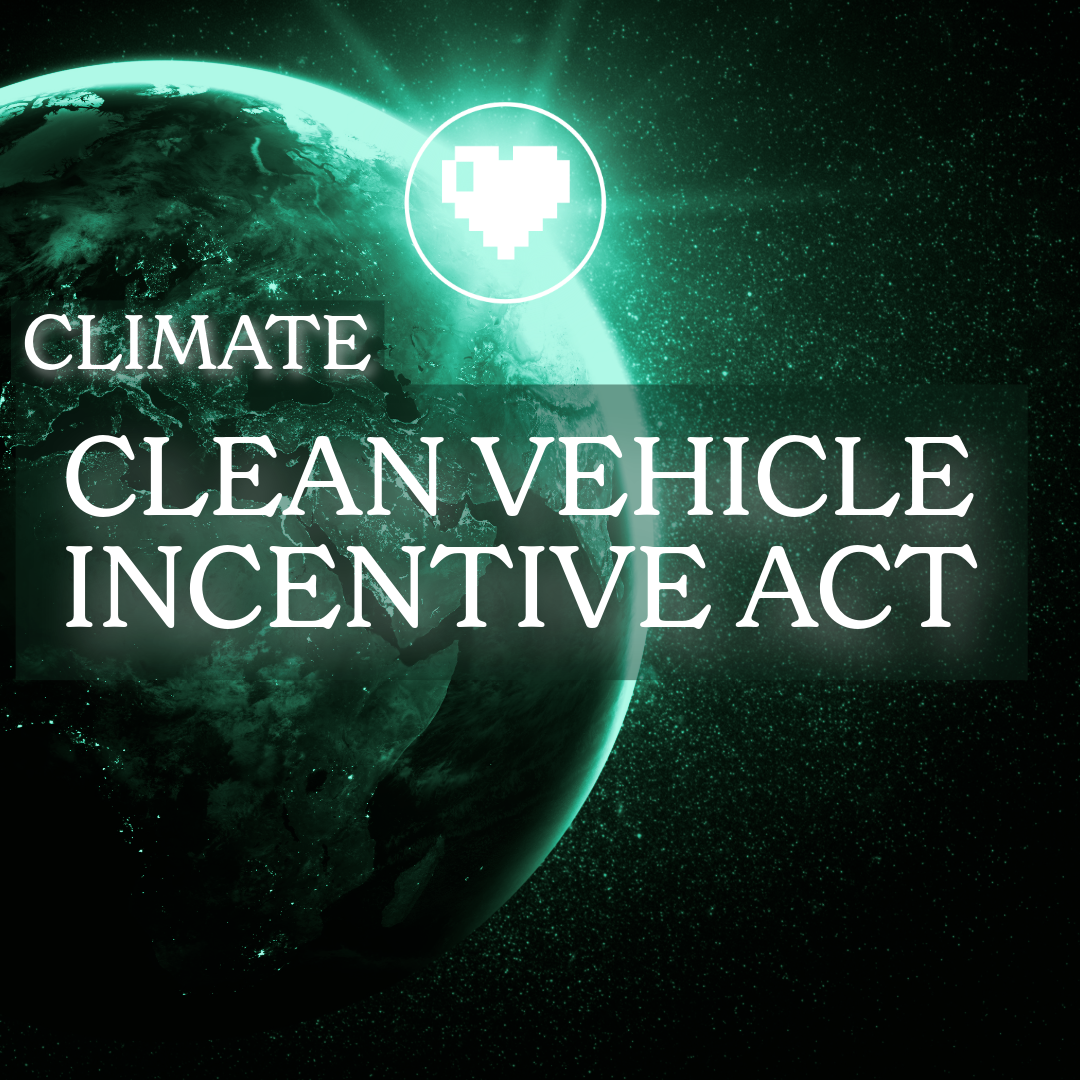
Clean Vehicle Incentive Act
Reward Clean Innovation:
$1,000 manufacturer tax credit for each new electric vehicle, hybrid with 20+ mile electric range, or small-engine car (≤4.4L, 4-cylinder).
Ensures cleaner cars are not just built but widely available.
Hold Heavy Vehicles Accountable:
Surcharge on vehicles over 6,000 lbs that fail fuel economy thresholds, ranging from $1,000 to $7,700.
Creates real market pressure for manufacturers to clean up trucks and SUVs.
Stronger Oversight:
EPA certifies which vehicles qualify, verifying electric-drive capabilities, hybrid ranges, and engine specifications.
Prevents abuse of credits and ensures compliance.
Fair and Modernized Standards:
Eliminates outdated excise taxes.
Establishes clear thresholds: vehicles achieving 28 MPG or more are exempt from surcharges.
Effective for vehicles manufactured and sold after June 30, 2025.
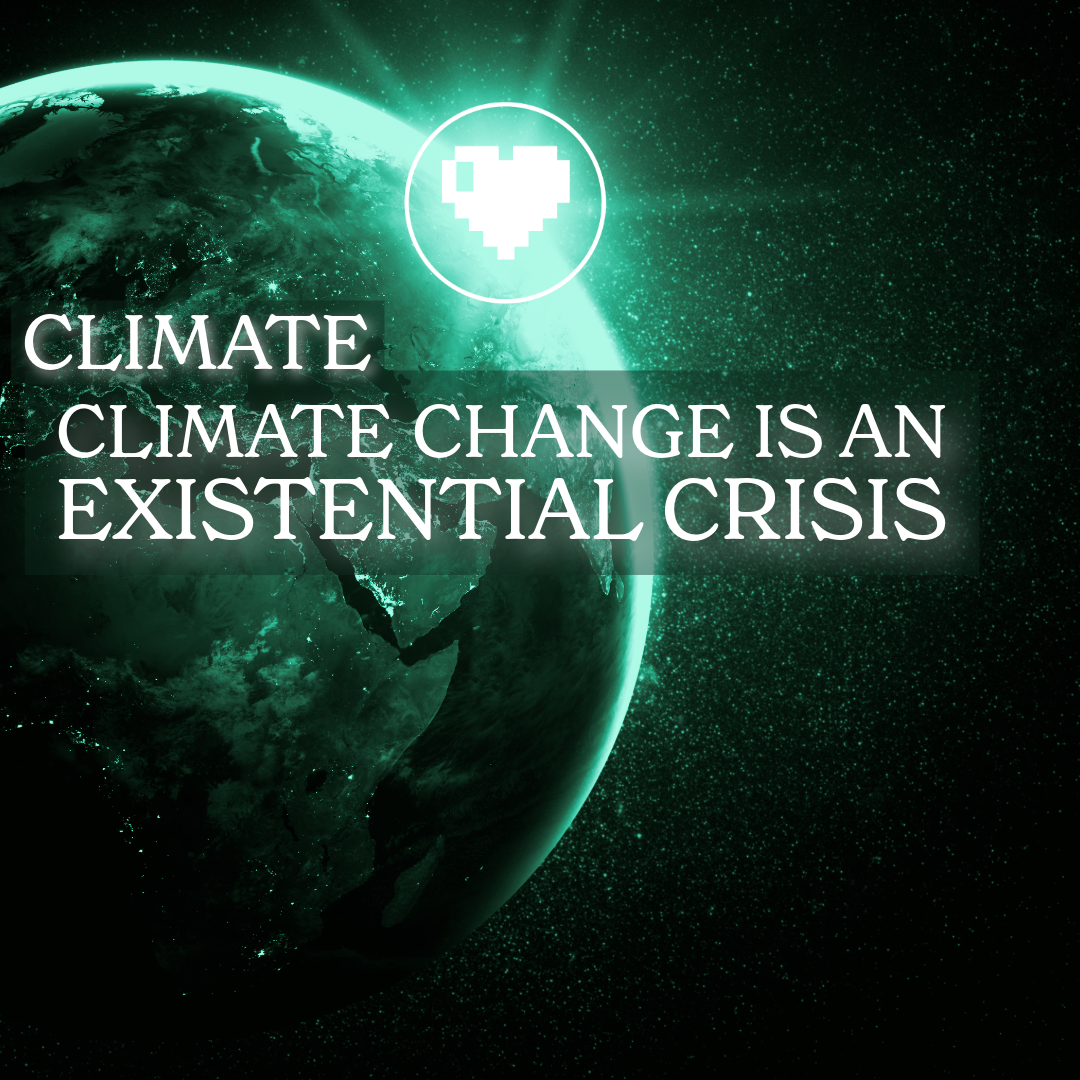
Climate Change: Who Cares Whose Fault It Is
Focus on Solutions, Not Blame: Stop wasting time debating causes—what matters is taking decisive action to slow climate change.
Massive Investment in Geothermal Energy: Prioritize large-scale geothermal projects, particularly around the Yellowstone caldera. By leveraging closed-loop geothermal technology and proposals like NASA’s 2017 plan, we can generate enough clean energy to power nearly every home in America while transitioning fossil fuel workers into renewable jobs.
Reinforce Clean Energy Leadership: Reinstate and expand tax credits and subsidies for wind, solar, geothermal, and hydroelectric power. This keeps America a global leader in clean energy manufacturing and supports international efforts toward sustainability.
A Moral Obligation to Act: We have the technology and resources to address climate change. What’s needed is the willpower to rise to the challenge for ourselves, our children, and our planet.
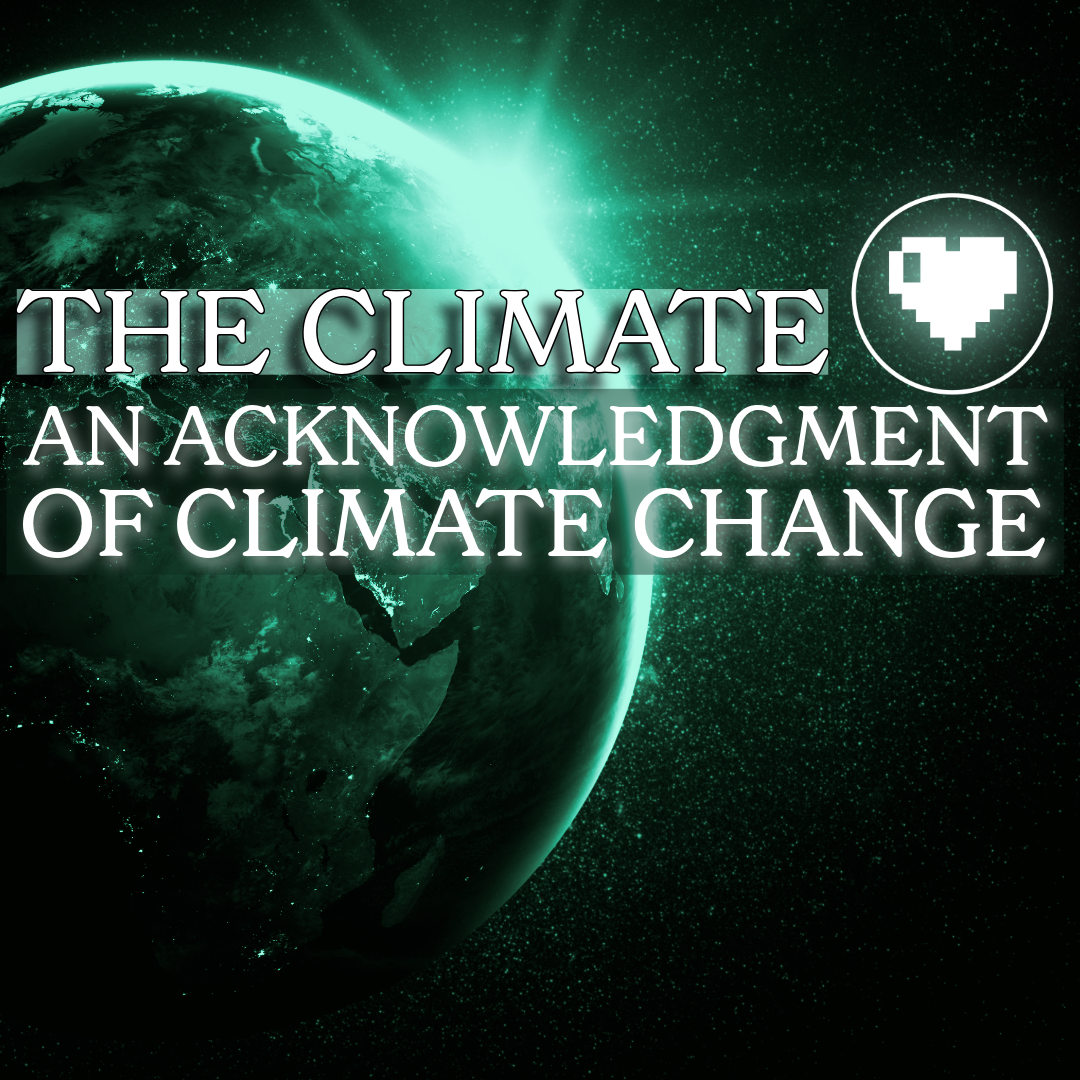
An Acknowledgement of climate change
We can choose to be proactive—investing in solutions that mitigate the impacts of climate change—or we can remain reactive, paying more and more to recover after devastating storms, droughts, wildfires, and floods. The cost of inaction will always exceed the cost of prevention.

wind and Solar power
In addition to infrastructure improvements, we must continue to subsidize clean energy incentives in urban areas and expand these efforts in rural communities. Ensuring that both urban and rural areas have access to affordable, sustainable energy will strengthen our economy and reduce our collective carbon footprint.
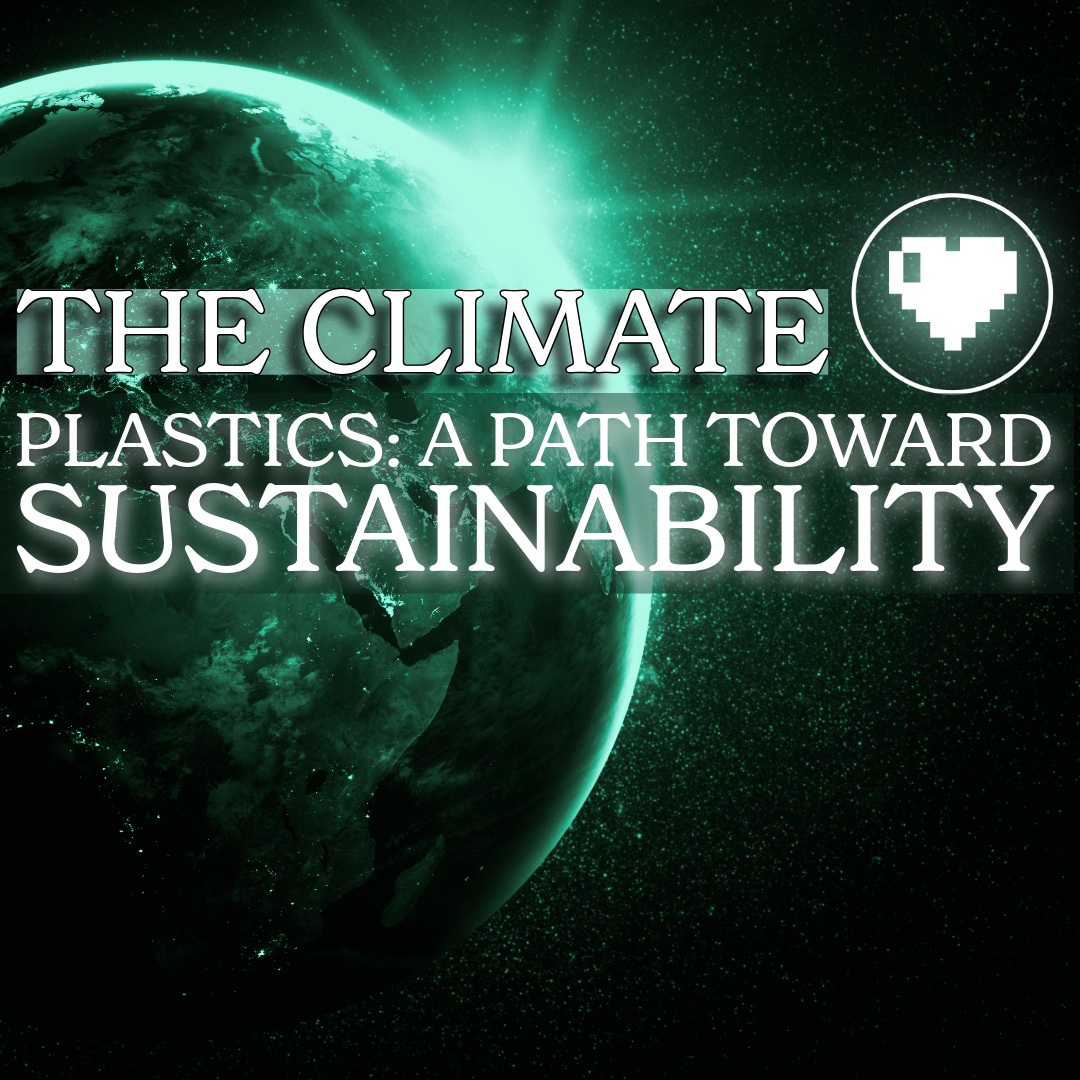
Plastics: A Path Toward Sustainability
Transitioning away from olefin-based plastics and polymers is the next big step in addressing the global plastic crisis. It is essential that we prioritize this shift to reduce the environmental harm caused by synthetic plastics.
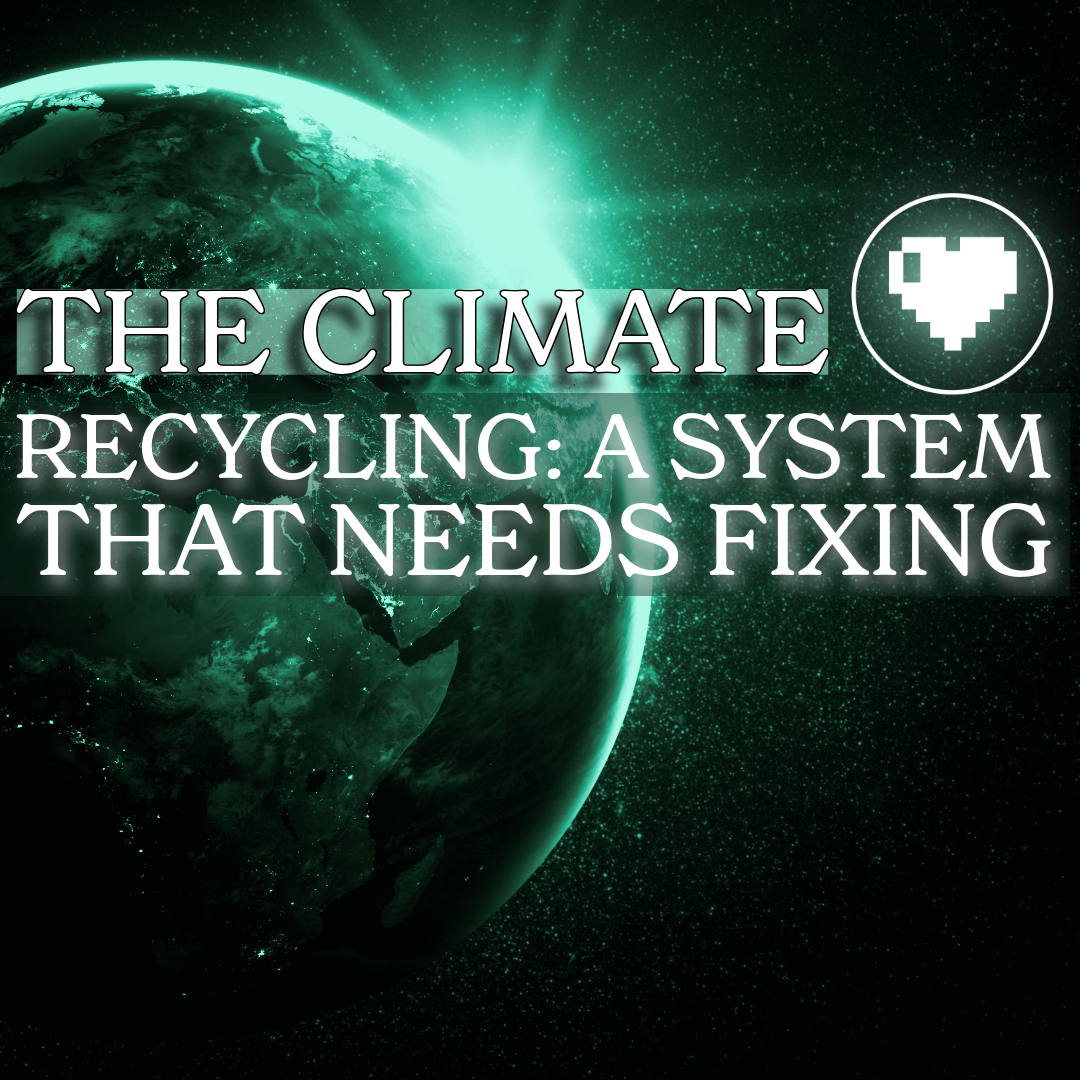
Recycling: A System That Needs Fixing
Let’s be honest—it’s unlikely that everyone will thoroughly wash their recyclables. Instead of expecting perfection, we should focus on upgrading recycling facilities to handle contaminated materials. Modern advancements have made it possible to sort and purify shredded plastic ("regrind") to 98% purity—a level acceptable for reuse in production. However, these machines are expensive and require federal investment to achieve widespread implementation.
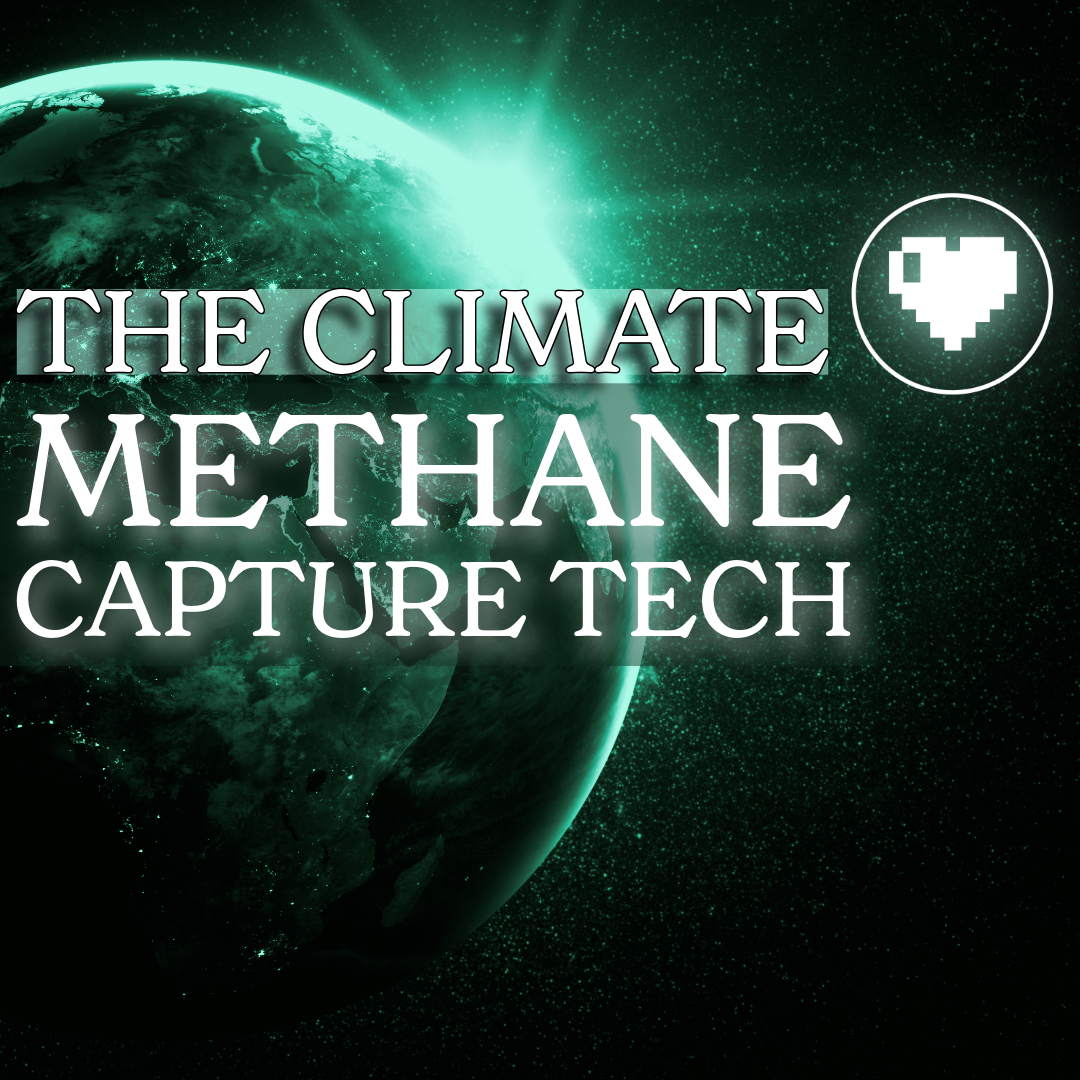
Methane Capture Tech
Zeolite Clay with Copper Additive: Zeolite clay (commonly found in cat litter) mixed with a small amount of copper has been shown to absorb methane from the air, significantly speeding up the natural conversion process. With adequate investment in research and development, it is feasible to create devices that can be placed in pastures to passively absorb methane emissions from livestock.
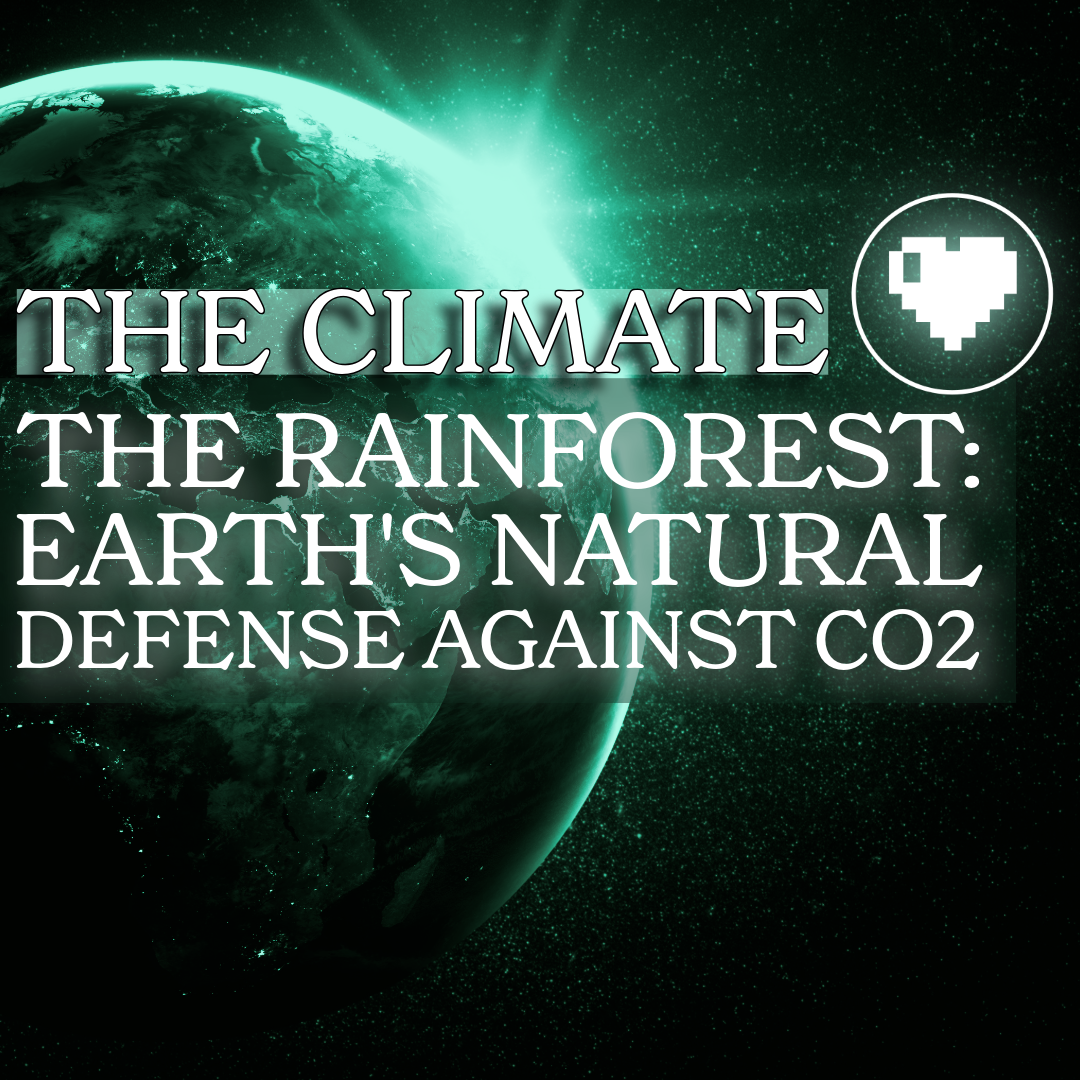
The Rainforest: Earth's Natural Defense Against CO₂
he Earth’s atmosphere and oceans share a unique symbiotic relationship, where carbon dioxide (CO₂) is absorbed and stored in deep pockets beneath the ocean’s surface. This natural process helps regulate the planet’s climate. However, the Earth can only maintain this balance if it retains the tools necessary to do so—one of the most powerful of these tools is old-growth forests.
Old-growth forests, particularly rainforests, play a critical role in absorbing and storing massive amounts of CO₂. These ancient ecosystems are irreplaceable, acting as the planet’s "lungs" by taking in approximately 2 billion tons of CO₂ per year. Protecting what remains of the world’s rainforests is not just important—it is essential to the planet’s survival.
Pitch in
Your donation goes directly to essentials like printing literature, digital outreach, and community events. Even small amounts make a huge difference.
This campaign isn’t about me, it’s about us. It’s about proving that working people can take on wealthy interests and win. With your support, we can bring fresh ideas, accountability, and real representation to Congress.
Join in by donating Via our Website
or
Act blue
Just do $1.00






